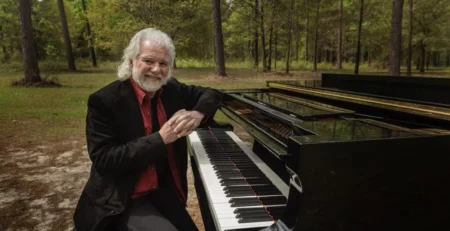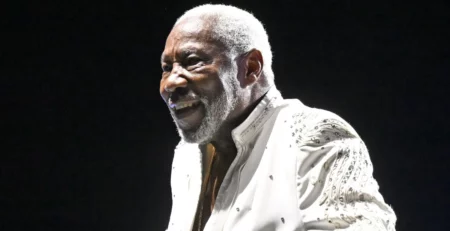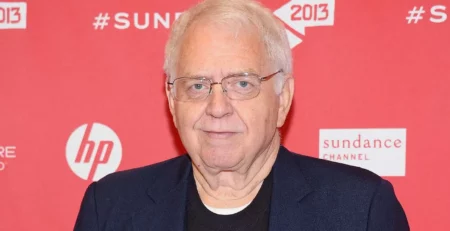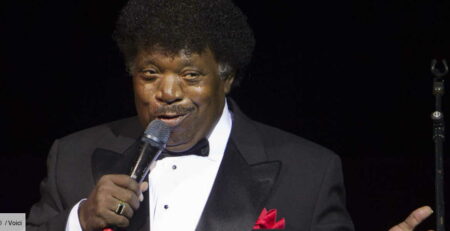Emmylou Harris: Alabama’s Angelic Voice and Country Music Pioneer
In the heartland of Alabama, amidst the rolling hills and soulful melodies, emerged a voice that would redefine the landscape of country music forever. Born on April 2, 1947, in Birmingham, Alabama, Emmylou Harris would go on to become one of the most influential and revered figures in the genre, earning acclaim for her ethereal vocals, poetic songwriting, and unwavering commitment to artistic integrity.
Harris’ musical journey began in earnest during her college years at the University of North Carolina at Greensboro, where she honed her craft and immersed herself in the vibrant folk and country music scene of the 1960s. Inspired by icons such as Bob Dylan, Joan Baez, and Gram Parsons, Harris forged her own path as a singer-songwriter, drawing upon her Southern roots and personal experiences to craft songs that resonated with audiences far and wide.
It was her fateful encounter with Parsons, a visionary musician and kindred spirit, that would serve as a catalyst for Harris’ ascent to prominence. Parsons recognized her extraordinary talent and invited her to join his band, The Fallen Angels, as a vocalist. Their musical partnership would prove to be transformative, laying the groundwork for Harris’ future success and shaping the course of country music history.
In 1973, Harris released her debut album, “Pieces of the Sky,” a stunning collection of country and folk-infused tracks that showcased her angelic voice and impeccable storytelling abilities. The album featured the breakthrough hit “If I Could Only Win Your Love,” which soared to the top of the country charts and introduced Harris to a wider audience.
Over the ensuing decades, Harris would solidify her status as a trailblazer in the world of country music, pushing boundaries and defying expectations with each new release. Albums like “Elite Hotel,” “Luxury Liner,” and “Quarter Moon in a Ten Cent Town” showcased Harris’ versatility as an artist, seamlessly blending elements of country, rock, folk, and Americana to create a sound that was uniquely her own.
One of Harris’ most enduring contributions to music is her role as a champion of songwriters and a curator of musical traditions. Throughout her career, she has collaborated with some of the industry’s most esteemed songsmiths, interpreting their works with grace and reverence. From the poignant ballads of Townes Van Zandt to the poignant storytelling of Rodney Crowell, Harris has brought countless songs to life with her haunting vocals and emotive delivery.
In addition to her solo endeavors, Harris has been a pivotal figure in the realm of collaboration, forming legendary partnerships with artists such as Dolly Parton, Linda Ronstadt, and Mark Knopfler. Their collaborations yielded timeless classics like “Trio” and “All the Roadrunning,” earning critical acclaim and adoration from fans around the world.
Harris’ impact extends far beyond the realm of music, as she has used her platform to advocate for social causes and lend her voice to issues of importance. From environmental conservation to humanitarian relief efforts, Harris has been a tireless advocate for positive change, embodying the spirit of compassion and empathy in all that she does.
As Alabama celebrates its rich musical heritage, Emmylou Harris stands as a shining beacon of talent and resilience, her songs serving as testaments to the enduring power of music to heal, inspire, and unite. From the smoky bars of Birmingham to the grand stages of the world, her voice continues to resonate with audiences of all ages, reminding us of the timeless beauty of authentic expression.
In a career spanning over five decades, Emmylou Harris has remained true to her roots, steadfast in her commitment to excellence and unwavering in her pursuit of artistic innovation. As she continues to captivate audiences with her angelic voice and heartfelt storytelling, her legacy as one of Alabama’s most beloved musical treasures is assured, her influence destined to echo through the halls of country music history for generations to come.












Leave a Reply